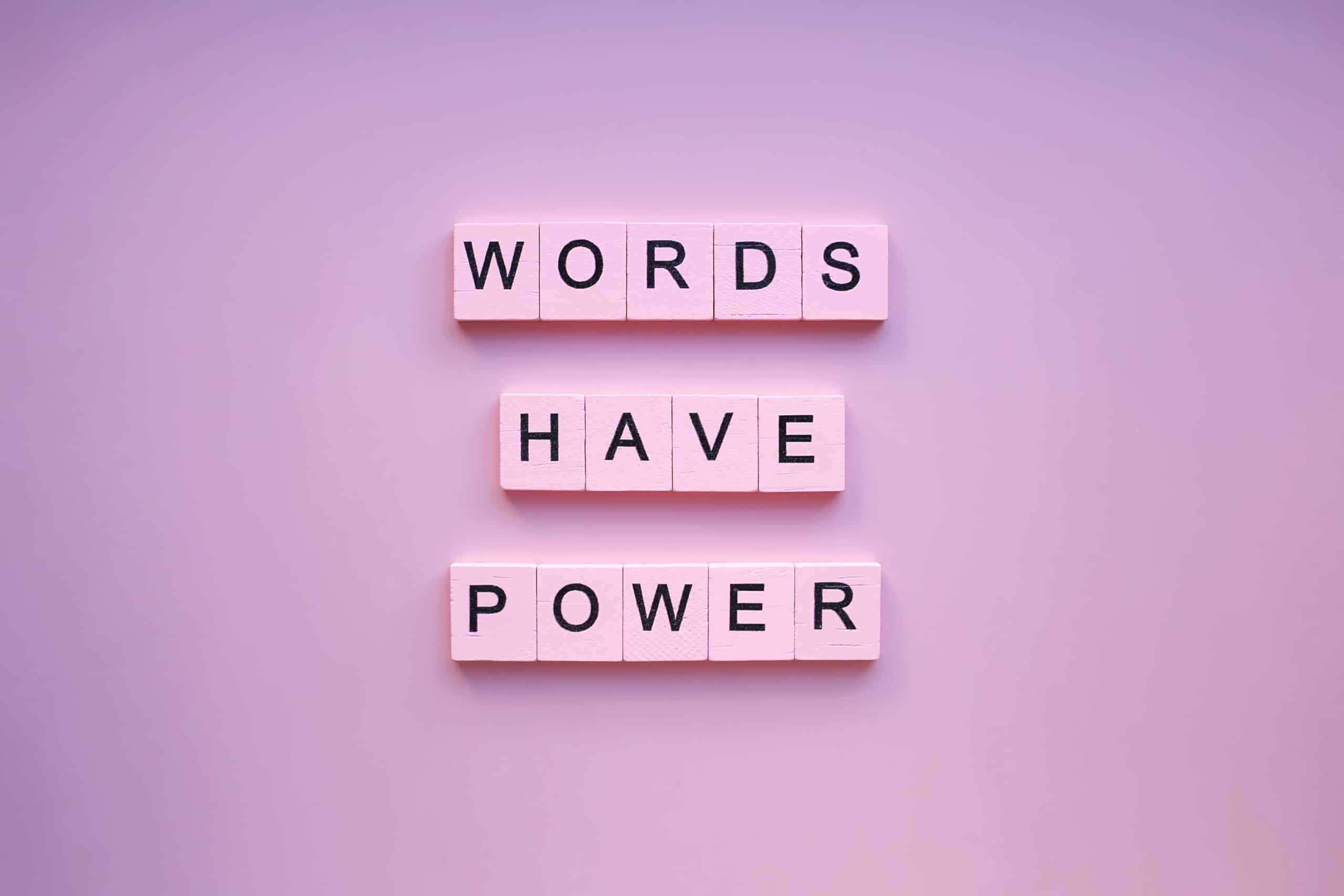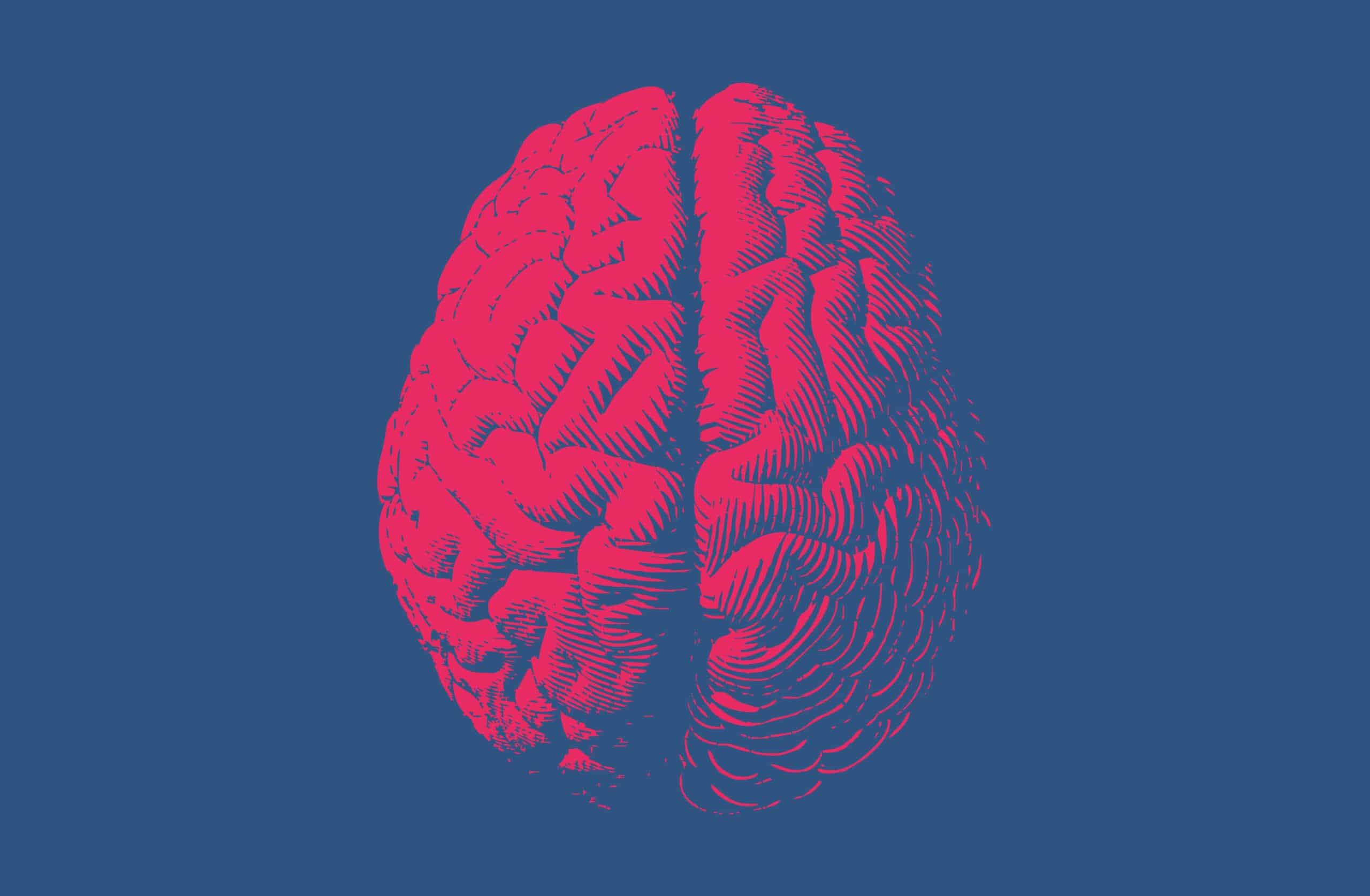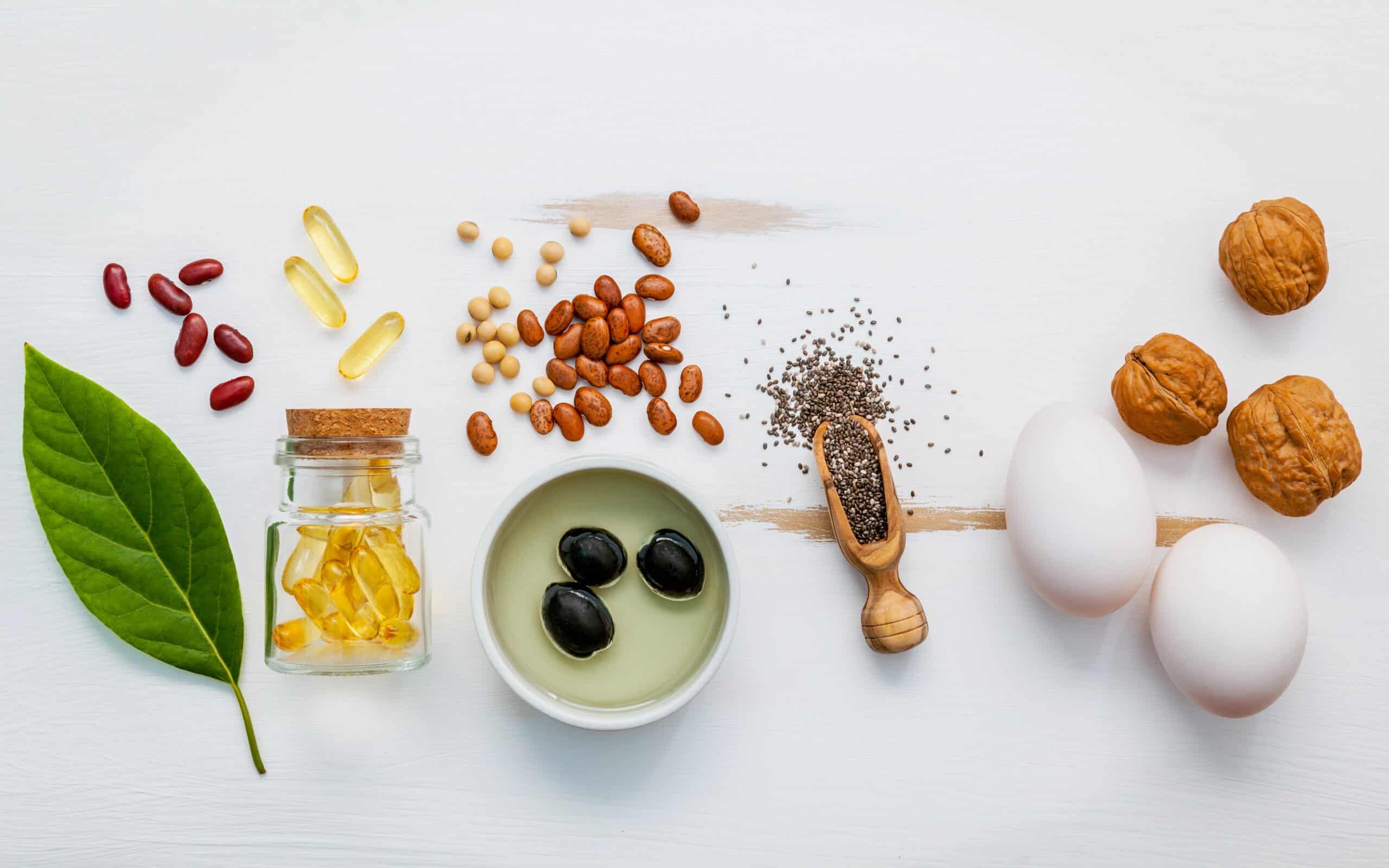Feeling out of control?
Do you feel like you are thinking about food non-stop? Are you constantly distracted by fantasies of which snack you might want to grab next? Or do you seem to spend hours daydreaming about what your meal later may consist of?
If you feel like this describes you, then keep on reading to discover some potential reasons which might explain why you can’t stop thinking about food.
Are you eating frequently enough?
This may sound incredibly obvious – but when we think about food, it’s usually just because we’re hungry!
When our bodies go for long periods of time without food, hormones such as ghrelin are released to stimulate our appetite in response1. This is a natural survival mechanism, ensuring that we get regular nutrition and don’t starve.
If you find yourself bombarded by thoughts about food, try incorporating more snacks in between meals to help keep you going throughout the day.
Are your portion sizes big enough?
Another reason you might not be able to stop thinking about food is because your portion sizes are too small. Restricting your portion sizes to smaller amounts will make you feel hungrier throughout the day and may even increase your cravings.
In fact, one study found that people who went on short-term crash diets experienced significantly more cravings than those who didn’t diet2. So, if you’re not feeling full enough after a meal, this is your sign to increase your portion sizes.
Are you getting enough balance?
Sometimes, cravings for foods are your body’s way of telling you that you need more of something in your diet.
A balanced meal consists of a variety of different food groups, including carbohydrates, proteins, vegetables, fats, and dairy (or dairy alternatives). If you’re frequently missing out any of these key nutrients, it’s important to try and incorporate foods into your diet that can provide them.
It’s also vital to get a balance of essential micronutrients so that you don’t become deficient in specific vitamins and minerals.
Are you emotionally eating?
Sometimes, eating can be used as a coping mechanism to deal with unpleasant and unwanted emotions. This is known as emotional eating, and is much more common than you think, with about 40% of people worldwide reporting eating more when stressed3.
If you think your food habits may be more of a psychological response than a physical one, it may be a good idea to talk to a professional about your concerns.
Our top three tips for when you can’t stop thinking about food
- One: consider what the reason might be
Thinking about the root cause of your food fantasies can help you to identify the deeper meaning behind them. You might realise you’re feeling hungry because you haven’t eaten in a little while, or because the last meal you ate simply wasn’t fulfilling enough.
If you’re worried that the cause may be something more serious than this, such as an underlying condition, it may be worth speaking to a healthcare professional such as a doctor or book and speak with one of our specialist registered dietitians.
- Two: acknowledge your body’s needs
Your body is much cleverer than you give it credit for – it will let you know when it needs nutrients! If you’re constantly thinking about food 24/7, allow yourself the freedom to eat.
Restriction will only lead to an unhealthy relationship with eating, causing you to develop unnecessary fears and anxieties around food.
- Three: practice mindful eating
Mindfulness is defined by being present, in the moment, with non-judgmental awareness. Mindfulness practices can help you become more in tune with your body and your mind, enabling you to experience food freedom once and for all.
When you start to practice mindfulness in other areas of your life, you might find that you’re thinking about food less than you were before, focusing on other aspects of your life that also bring you joy.
However, it’s still important to note that thinking about food is not a bad thing, or something to be ashamed of! Food is something that brings joy to everyone and this should be celebrated!
Here at EHL, we specialise in intuitive eating, mindfulness and embodiment, providing one-to-one coaching tailored to your needs. To learn more about this approach and exactly how we can help you, email us now at [email protected]
EHL Team x
Robin Wileman, EHL student dietitian intern
References
1 Stensel, D. (2010). Exercise, Appetite and Appetite-Regulating Hormones: Implications for Food Intake and Weight Control. Annals of Nutrition and Metabolism, 57(Suppl. 2), 36–42. [Online] Available at: https://doi.org/10.1159/000322702
2 Meule, A. (2020). The Psychology of Food Cravings: the Role of Food Deprivation. Current Nutrition Reports, 9(3), 251–257. [Online] Available at: https://doi.org/10.1007/s13668-020-00326-0
3 Emotional Eating Definition, Treatment & Causes. (2020, September 30). MedicineNet. [Online] Available at: https://www.medicinenet.com/emotional_eating/article.htm














